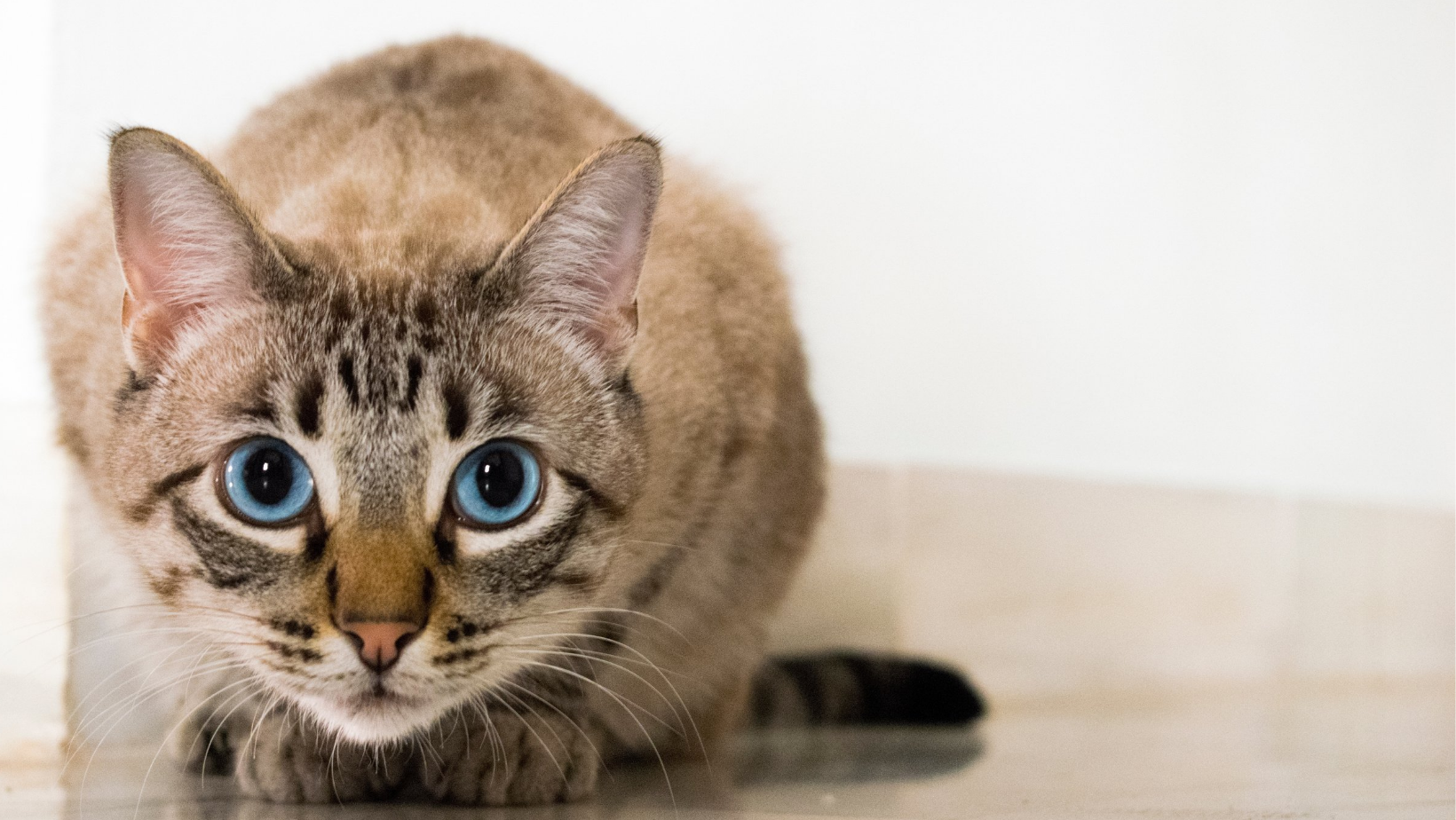Busting Myths Around FIV in Cats
Although many people will have heard of Feline Immunodeficiency Virus (FIV), a virus that can progressively weaken a cat’s immune system, there are many misconceptions about it. This article will hopefully answer any questions you may have about FIV and dispel the myths surrounding this condition.
MYTH # 1 – FIV is a deadly disease
FIV is sometimes incorrectly labelled as “cat AIDS” which is both scaremongering and factually inaccurate. AIDS is the final stage of an immunodeficiency virus; to diagnose a cat as FIV positive is little more than a guess that someday a problem MIGHT develop.
Statistically, most FIV cats live as long as their non-FIV counterparts. There are many reported cases where FIV+ cats live well into old age without ever showing any symptoms. Typical causes of death in cats with FIV are geriatric-ie: illnesses that any other, non-FIV cat is likely to develop and succumb to in old age.
MYTH # 2 – Kittens born to an FIV+ mother will most likely also be FIV+
If a mother cat has FIV antibodies, her kittens sometimes also show the presence of these maternal antibodies when tested shortly after birth. However, due to a process called seroreversion, where an amount of antibody naturally decreases, commonly by 6-8 months, even those kittens who at first tested positive, no longer show this result.
It is our experience that in most litters, the final diagnosis is that the whole litter is negative.
In fact, Dr Niels Pederson, part of the team that discovered the FIV virus states that “Infected mothers rarely, if ever, pass the infection to their kittens.”
MYTH # 3 – Cats with FIV should not live with other non- FIV cats
This is perhaps one of the most common causes for concern amongst cat owners looking to adopt an FIV+ cat, yet normal social interactions between cats, such as grooming, sharing food and water bowls and using the same litter tray, have NO known risk of transmission. The virus is extremely slow acting and can live outside the body for only a few seconds, which means that transmission requires serious physical interaction-ie: a cat inflicting a deep bite wound upon another cat. No cats within a home should be fighting to a point that they deeply bite another cat, regardless of their FIV status, so it is our assertion that non-aggressive FIV+ cats and FIV- cats CAN happily live together.
Please note that FIV can NEVER transmit outside species – we have heard ridiculous statements about people fearing that they could risk infection from infected cats; this is an absolute, scientific impossibility!
MYTH # 4 – Cats who test positive for FIV will need to be confined to being indoor-only cats
FIV is widespread in the UK and is endemic in large cities with high densities of unneutered, male cats. In urban areas or areas with a high rate of infection, it seems pointless to confine an FIV positive cat indoors when a large percentage of cats outdoors already carry the virus. Many owned pet cats are FIV positive and their owners are unaware of this. Cats which are tested and have a negative result could be at risk as soon as their owners let them outside again.
Since most FIV positive cats are used to going outdoors, we consider it detrimental to their quality of life to prevent them from going outdoors if they want to. Similarly with kittens, we do not feel it appropriate to never allow them the opportunity of being able to explore outdoors. NO CAT should be allowed to wander excessively and ALL CATS should be neutered and fully vaccinated before going outside. Taking these steps is the main way that you can help prevent the spread of FIV.
MYTH # 5 – Cats coming into rescue centres should be routinely tested for FIV and those testing positive should be euthanised
This is an extremely contentious, not to mention nonsensical, approach sadly still taken by some rescue centres. At RSPCA Worcester and Mid-Worcestershire Branch we will NEVER euthanise a healthy animal, we would only put to sleep an FIV cat who was very unwell and suffering as a result of a terminal illness, following veterinary advice and ensuring that all alternative treatment options had been explored.
Routine screening for FIV serves NO positive purpose and furthermore, because the ELISA (Snap) test-used by virtually all vets-looks for antibodies to the FIV virus rather than the presence of the actual virus, its reliability is questionable, with a recent study finding that an astonishing 32% gave a false-positive reading. *
As we have already discussed, instances of false-positives are even higher in kittens who may have received antibodies in their mother’s milk.
Whilst the tide is turning in light of more up-to-date research and data, sadly many of the old misconceptions and prejudices around FIV still exist. It is our mission to educate people and we hope this information has helped allay any concerns you may have around adopting an FIV+ cat.
Basically, a diagnosis of FIV in a healthy cat should not be a death sentence, nor should it be a barrier to a cat living a perfectly normal, long, happy and healthy life.
*SOURCE: National Veterinary Laboratory
